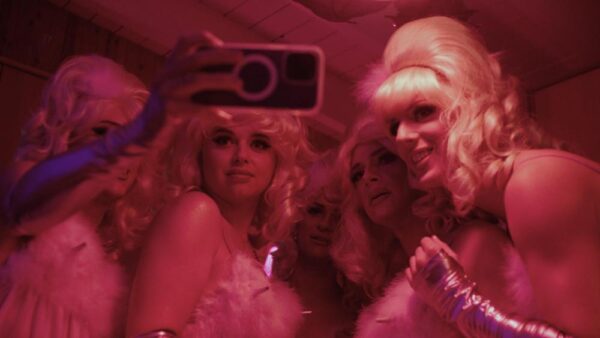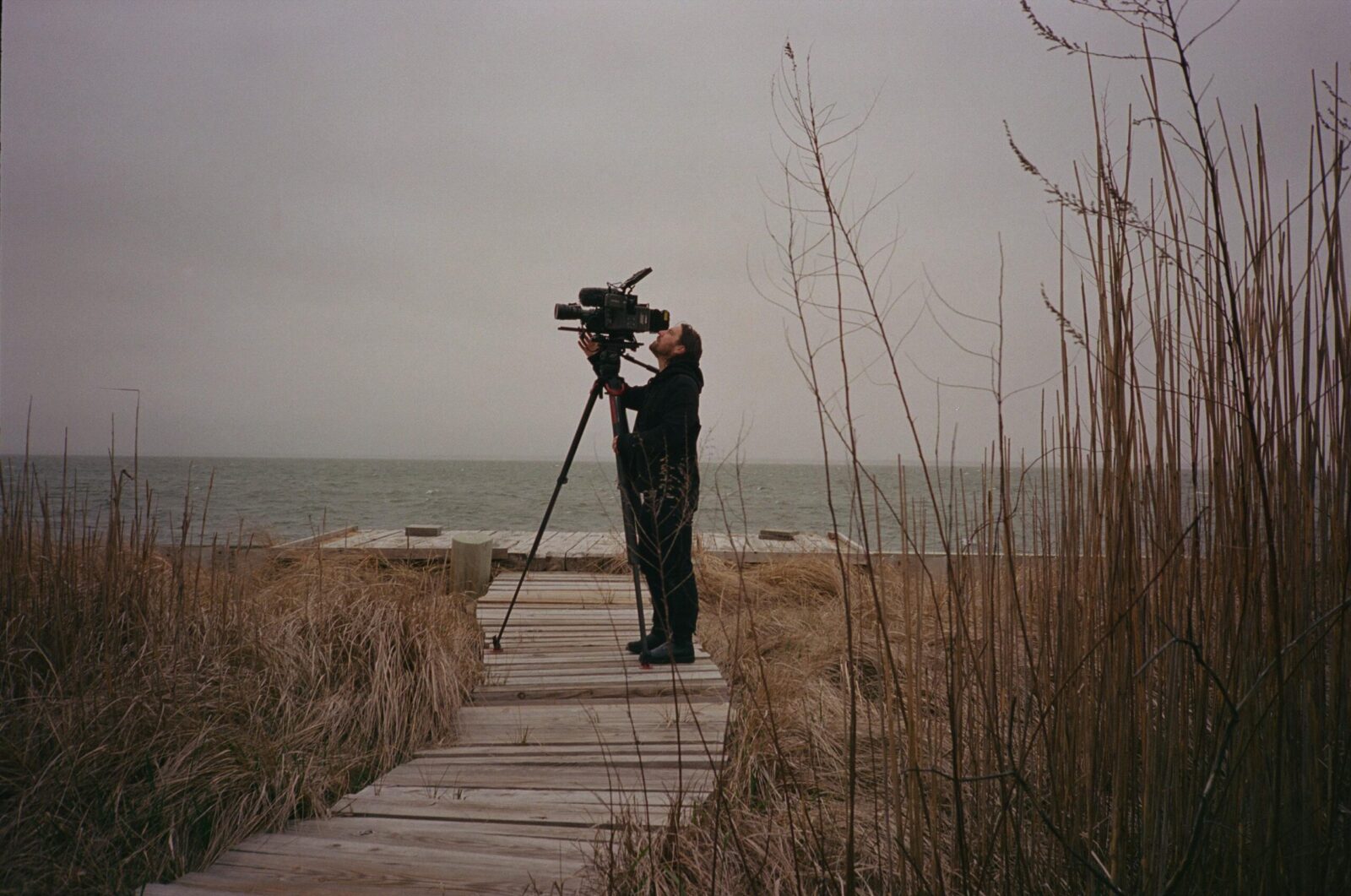
Fire Island. The place is evocative to so many queers around the world. The narrow ten square miles sand bar of 600 beach houses, a hundred co-ops, a beautiful beach, wooden boardwalks, no roads or cars, and a handful of commercial businesses is 49 miles off the coast of New York City in Long Island Sound. It’s played host to generations of queer New Yorkers looking for community, sex, sea, drugs, gorgeous wooden beach houses, nudity, hedonism and a dancefloor.
 This queer, sexually-free utopia first became popular following the Stonewall Riots of 1968, after which a newly emboldened queer community realised it could party and live its truest lives there without police or other harassment. This combined with a clean air environment just an hour’s boat ride away from the hustle and bustle of New York City’s sweltering summers. Fire Island Pines and Cherry Grove are the two main queer communities on the island. They grew quickly during the sexually liberated 1970s disco years and many would say peak Fire Island occurred during the summer of 1979 with the epic Beach Party which people still talk about today. This period was captured so memorably by the photographer Tom Bianchi in his portraits of buff naked gay men having fun with each other.
This queer, sexually-free utopia first became popular following the Stonewall Riots of 1968, after which a newly emboldened queer community realised it could party and live its truest lives there without police or other harassment. This combined with a clean air environment just an hour’s boat ride away from the hustle and bustle of New York City’s sweltering summers. Fire Island Pines and Cherry Grove are the two main queer communities on the island. They grew quickly during the sexually liberated 1970s disco years and many would say peak Fire Island occurred during the summer of 1979 with the epic Beach Party which people still talk about today. This period was captured so memorably by the photographer Tom Bianchi in his portraits of buff naked gay men having fun with each other.
The early 1980s saw the community devastated from the onset of the AIDS virus, and many would say the island has never fully recovered from this. Until now that is. An excellent new documentary, A House Is Not A Disco, directed by Brian J. Smith, takes a deep dive into the Fire Island Pines community of today. Smith details one six-month season on the island, from its opening up in April, the build-up to the annual Pines Party on the beach fundraiser, through to the closing Halloween party at the end of October. We follow a bunch of residents, both long-term and new, as well as business owners, house-sharers, drag performers and the organisers of the Pines Party. The resulting documentary is an interesting, eye-opening profile of one of the most iconic queer places on the planet.
 Most people staying on Fire Island share houses for a season, coming to the island every weekend. It’s these house shares and the sharing of food, bodies, drag outfits etc that have fostered the community strength you see everywhere. Smith interviews various house sharers – many beautiful, sex-positive men out to live their best, some very decadent, lives. The older men reminisce about the past, many still carrying the trauma of the AIDS epidemic and the loss of so many of their friends. The younger queer community has largely escaped this and many under 35s are blissfully unaware of the past pain experienced by so many. The younger, more sexually and gender fluid people contrast with the older, traditionally more macho guys. The lack of diversity and inclusion has long been a talking point on the island. Whilst things are better today, in common with much of America’s queer life, a hierarchy remains with the buff, good looking, rich, young white gay man sitting at the top of the pyramid here. Fire Island Pines remains very white and very male. This contrasts with other queer strongholds around the world, such as London or Berlin, which are far more diverse and egalitarian. This is reflected in the film and different people will give you a very different perspective of the Pines. Smith has, however, made an effort to include a very diverse range of interviewees.
Most people staying on Fire Island share houses for a season, coming to the island every weekend. It’s these house shares and the sharing of food, bodies, drag outfits etc that have fostered the community strength you see everywhere. Smith interviews various house sharers – many beautiful, sex-positive men out to live their best, some very decadent, lives. The older men reminisce about the past, many still carrying the trauma of the AIDS epidemic and the loss of so many of their friends. The younger queer community has largely escaped this and many under 35s are blissfully unaware of the past pain experienced by so many. The younger, more sexually and gender fluid people contrast with the older, traditionally more macho guys. The lack of diversity and inclusion has long been a talking point on the island. Whilst things are better today, in common with much of America’s queer life, a hierarchy remains with the buff, good looking, rich, young white gay man sitting at the top of the pyramid here. Fire Island Pines remains very white and very male. This contrasts with other queer strongholds around the world, such as London or Berlin, which are far more diverse and egalitarian. This is reflected in the film and different people will give you a very different perspective of the Pines. Smith has, however, made an effort to include a very diverse range of interviewees.
What everyone in Fire Island Pines does share, however, is a concern for the future, and the effects of climate change and erosion on the existence of the island. Only 400 metres at its widest, and with rapid beach erosion, the future of the island is not guaranteed. Each year the dancefloor of the annual Pines Party on the beach gets narrower and narrower as the beach shrinks. We follow the organizers as they reconfigure the shape of the dance floor following the overnight loss of another 30 feet of beach to the rising seas.
A House Is Not A Disco is a fun, sexy, insiders insight into a unique place on the planet. It’s beautifully shot with a great soundtrack and fun, interesting interviewees. A few of the spirited talking heads exaggerate to camera a little, and some of the observations lack depth. Overall, however, Smith has created a time-capsule study of queer life today on the island that will be an important reference in future decades. Let’s hope Fire Island survives and continues to evolve and thrive.
Queerguru’s Contributing Editor Ris Fatah is a successful fashion/luxury business consultant (when he can be bothered) who divides and wastes his time between London and Ibiza. He is a lover of all things queer, feminist, and human rights in general. @ris.fatah

